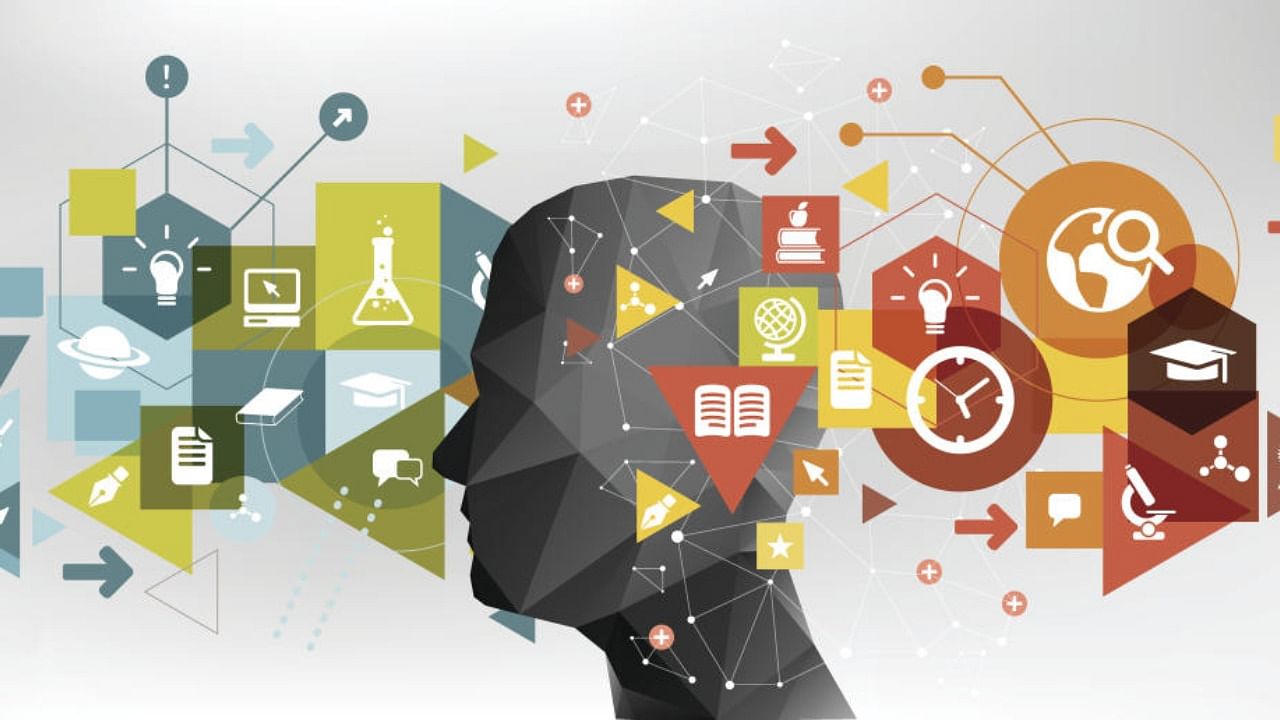
As constant digital evolution disrupts the business world, many traditional job roles are changing or becoming redundant. And a host of new roles are taking their place, thus heating up the war for talent!
Business leaders are aware of the critical need to scale up talent with the right skill sets while providing existing employees with rigorous upskilling and re-skilling. And rightly so! According to the Nasscom-Zinnov Report 2022, India is projected to face a shortfall of 14-19 lakh technical professionals by 2026.
The Indian IT/ITeS industry employs close to 50 lakh professionals. The aim is to make India ‘the destination’ for digital talent. We need to understand that the talent gap is not a single-dimensional measure of headcount availability and deficit. We will need to look at it from the abundance of versatile skills that we already have in our midst.
This is all the more reason for HR professionals to focus on hiring employees who exhibit not just strong tech skills but also demonstrate an innate sense of communication, collaboration, and adaptive capabilities. In this environment, let us take a quick look at how the profile of the digital talent will change and what will the companies look for:
Evolution in job roles
Digital has elevated the importance of skills such as problem-solving, critical thinking and creativity. The focus has shifted from productivity, and cost arbitrage to how an employee can add value by applying softer skills to take complex decisions and capitalise on upcoming opportunities.
Traditional means and sources of talent may not work in this new business paradigm. At this point, companies would need to consider alternative approaches to the workforce development of those outside the traditional talent pools. Organisations are likely to look at hiring people from diverse backgrounds, people with industry experience, niche experience, different age groups including women, talent from tier 2 and 3 cities and minority groups, allowing businesses to tap into a huge pool of high-potential and underutilised talent.
To manage this for the existing employees, businesses will need to re-educate their workforce to align with the new normal. Re-educate and not re-train is due to the fact that the new knowledge has to get relayered and we need to help our talent understand how to learn in the first place, with the rapidly changing knowledge landscape.
One has to keep pace with tech evolution, changing platforms and the rapidly evolving end-user behaviour. According to the World Economic Forum’s Future of Jobs Report, disruptions such as new technologies, automation, and the impact of the pandemic are key factors contributing to the changing needs of employees. The report states that 50% of all employees will need to be retrained in the next five years in specific skill areas.
Further, businesses will need to gear up to face challenges in meeting employee expectations, engagement, and inclusion. During the pandemic, we saw the employee experience come up front and centre. This trend will only continue to grow with companies offering wellness programs, gamification, and social experiences as part of their overall employee experience.
The nature of work, and how we essay it, is changing constantly, with multiple generations working together in the modern workforce.
As digital technologies define today’s ways of work, talent strategies will in parallel need to adapt and enable organisations to become integrated, agile, and nimble. Structured learning interventions for employees, and artificial intelligence-led hiring and onboarding platforms are becoming top priorities for enterprises.
At the same time, the workplace of the future is expected to drive collaboration, connectedness, and coaching with the help of a continuous flow of automated, data-driven insights.
(The writer is the Chief People Officer, WNS - a business process management company)